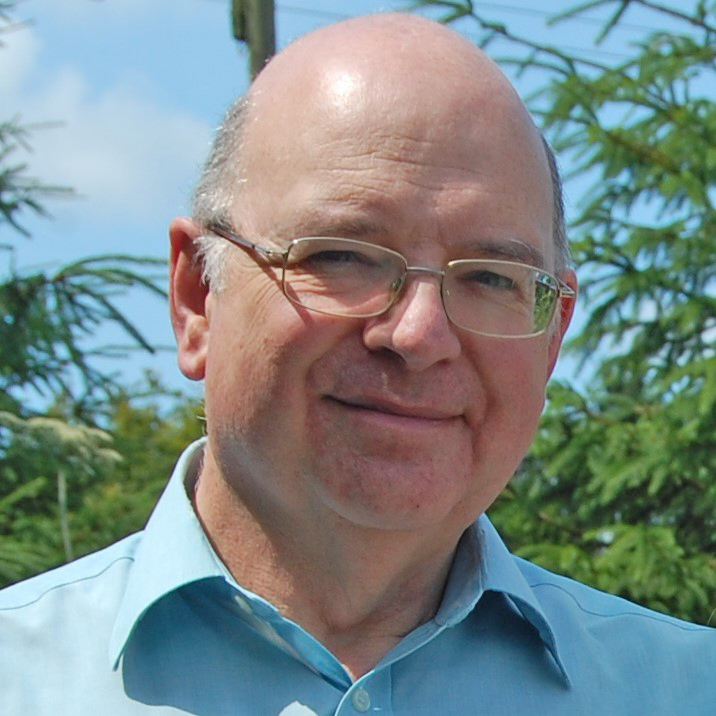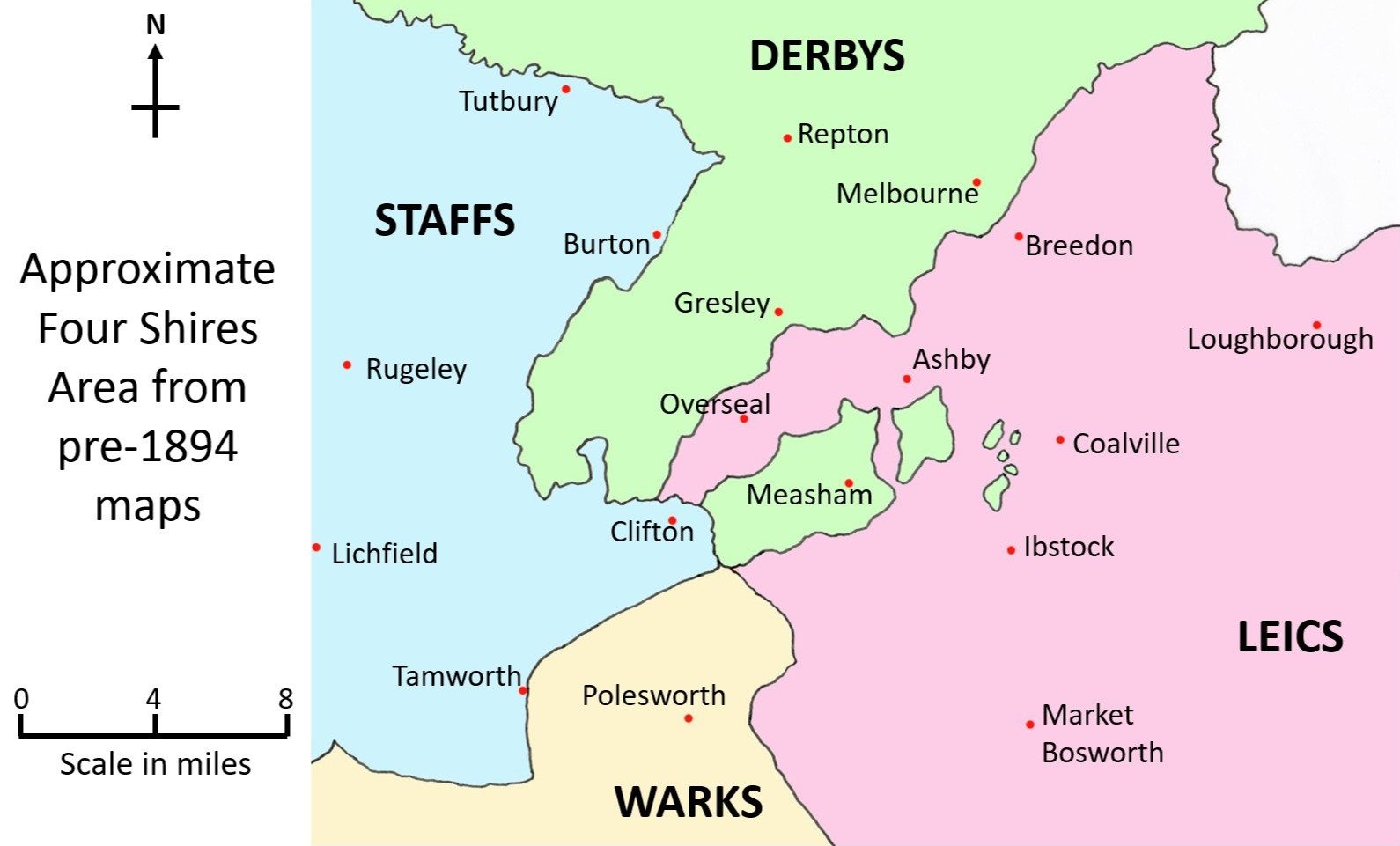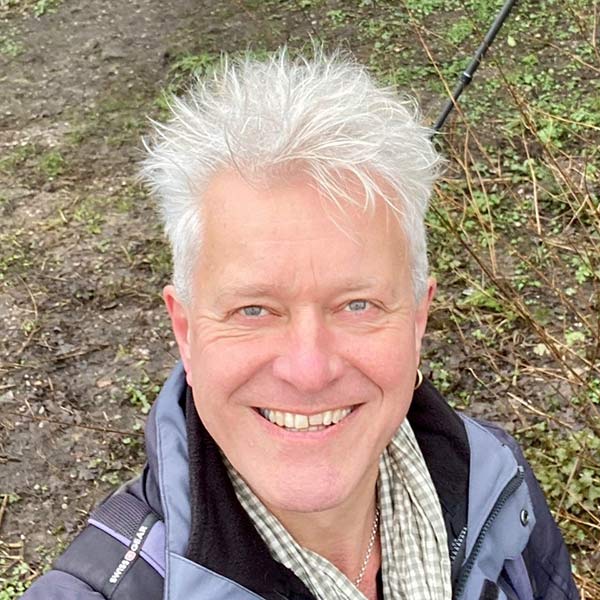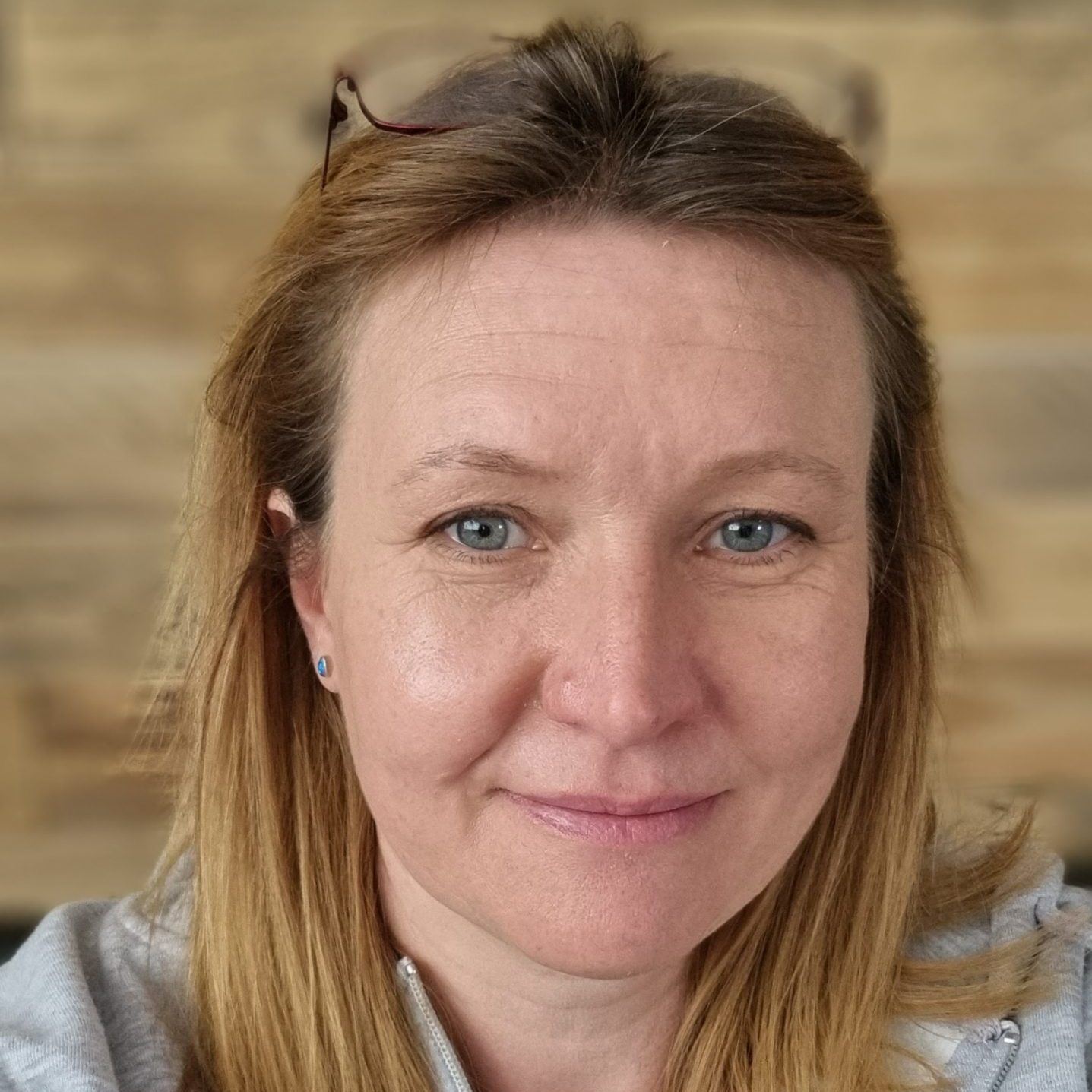Hi, I’m William.
I aim to provide a safe, friendly space in which people explore a history or landscape in ways that enrich their lives.
My Journey into History

Aged thirteen, I started a museum! Looking back, it lacked life, but it helped me learn about history and nature. And I wanted to share my discoveries. Indeed, I persuaded friends of my parents to come and see. Later, some gifted items for my collection. I still have semi-precious stones in their natural state, labelled in the 1880s.
Today, I focus my desire to learn on what it means to be human, using local history as a lens through which to view situations similar to ones we face. People’s responses to wealth, illness, hardship varied, as they always have. However, the past’s distance from us offers perspective on our strengths and vulnerabilities. Sometimes life became so messy, I wonder how people managed to pull through.
Four Shires History

When I retired, I wanted to keep working! Learning and sharing are a huge part of who I am. So, I started Four Shires History. I learned good skills through studying for a local history MA, and like to help people engage with human stories and landscapes at a level which suits them. When life gets routine or frantic, it’s good to go out, have a coffee, see or hear something new, maybe share an experience with others. That’s the kind of adventure Four Shires History offers. It can be as light or deep as participants wish. And it’s affordable!
On visits to historic houses, I sometimes avoid the guides! They do a great job, but I don’t always want to hear a lot. I gain as much from exploring with my eyes and reflecting on what I see. So, though I give illustrated talks and try to control my enthusiasm, Four Shires History also offers workshops and outings where people contribute and learn at their own pace. Please see the events page for details.
A Few Things I Love
- Absorbing the stillness, beauty and interest of a rural location
- Stimulating curiosity with stories from the past which connect with our lives
- Supporting people with an interest in local history
- Helping people gain a sense of wellbeing and welcome
- Coffee and cake!
Others in the Four Shires History Team

Alan Brady
Retired Headteacher and Trustee at Four Shires History. I studied Modern History with Economics at Manchester University and went on to teach history all the way from Year 7 to A level. Local history was always part of the curriculum and I find stories of local people and how they lived so fascinating. Having a great interest in current affairs, I also taught politics. I have backgrounds in religion and singing, and am attempting to learn the piano. I enjoy travel, leading groups all over Europe, and I like to give talks and introduce people to new places and stories.

Mark Knight
Historian, musician, community activist, environmentalist and trustee at Four Shires History. My job as the Senior Cultural Heritage Officer for the Staffordshire Wildlife Trust brings me into contact with a variety of different communities. Here, I enjoy bringing history to light, and encouraging communities to engage with and feel a sense of ownership of their own past. I hold a first-class honours degree and a PhD in history from the University of Derby. I’m also a recent convert to allotmenting.

Helen Lee
Four Shires History Logo and Website Developer. I graduated from Southampton with a BA Hons in Graphic Design and have over two decades of experience in web design and development, both locally and internationally. In my spare time, I enjoy photography, sewing, crafting, and home decorating. I also enjoy badminton, aerobics, walking and watching Formula One. I have one daughter Amber and a Cocker Spaniel called Freddie.

